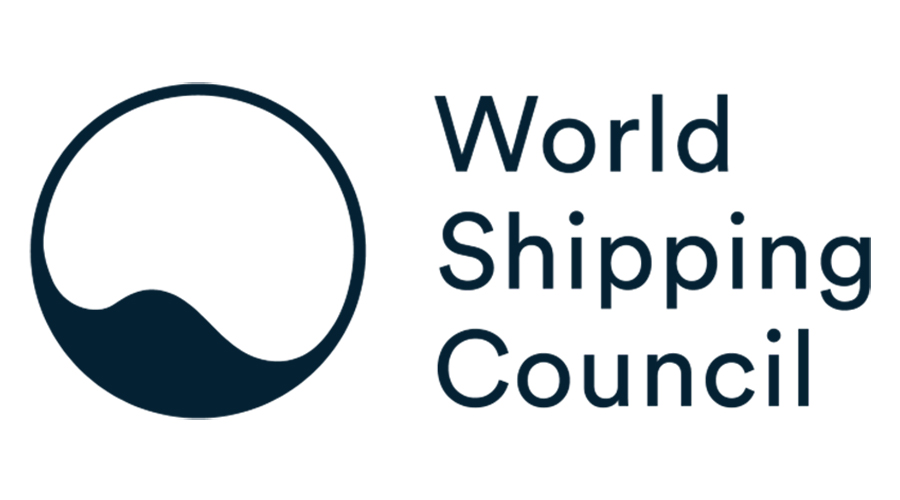 increase font size
increase font size


Businesscafe - At MEPC 80, IMO member nations met the shipping industry’s call for action on climate, setting a target of net-zero GHG emissions by 2050 and interim targets for 2030 and 2040.
Most importantly, the updated GHG strategy now sets a clear timeline for the development of the lifecycle-based global fuel standard and economic instrument, to be agreed by 2025 and ready for implementation in 2027.
“This marks a new beginning for shipping’s energy transition, with clear goals and milestones.
There is much to do, and carriers are eager to continue the work together with regulators, fuel providers and technology providers to reach our shared climate targets,” says John Butler, President & CEO of the WSC.
“Liner shipping is already investing in renewable fuel-ready ships, and today’s decision broadcasts a strong global signal for investment to the entire maritime sector.
We are counting on the IMO member nations to press on with the important work of developing and adopting a robust regulatory framework that will make these fuels available and competitive.
The next two years will be critical – for 2050 targets to be achievable IMO member nations must develop and agree on a lifecycle-based global fuel standard and economic measure by 2025, so they can be implemented by 2027,” John Butler continues.
The Liner fleets readiness to achieve GHG reductions creates a demand signal for renewable energy production and supply, but for renewable fuel suppliers to bring production to scale globally this must be matched by regulatory clarity.
Charting the path to decarbonisation
As outlined by WSC in the Six Critical Pathways, reaching net-zero by 2050 will require a range of global regulatory initiatives, each addressing different aspects of the transition.
Learn more here: https://www.worldshipping.org/pathways-to-zero-carbon-shipping